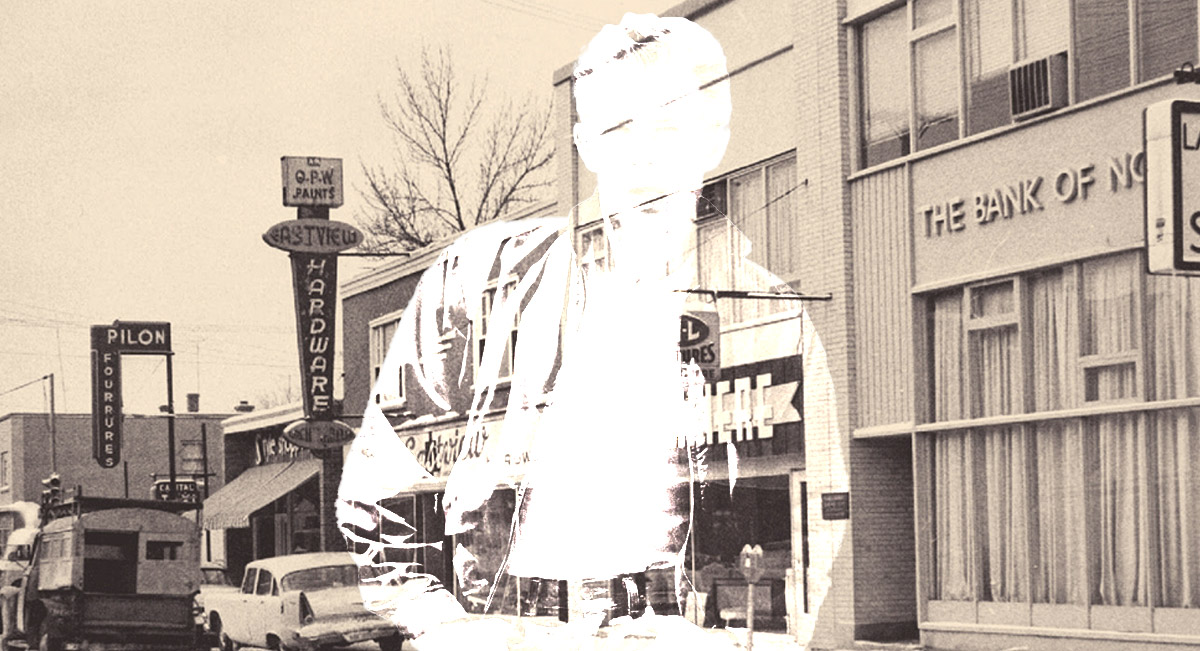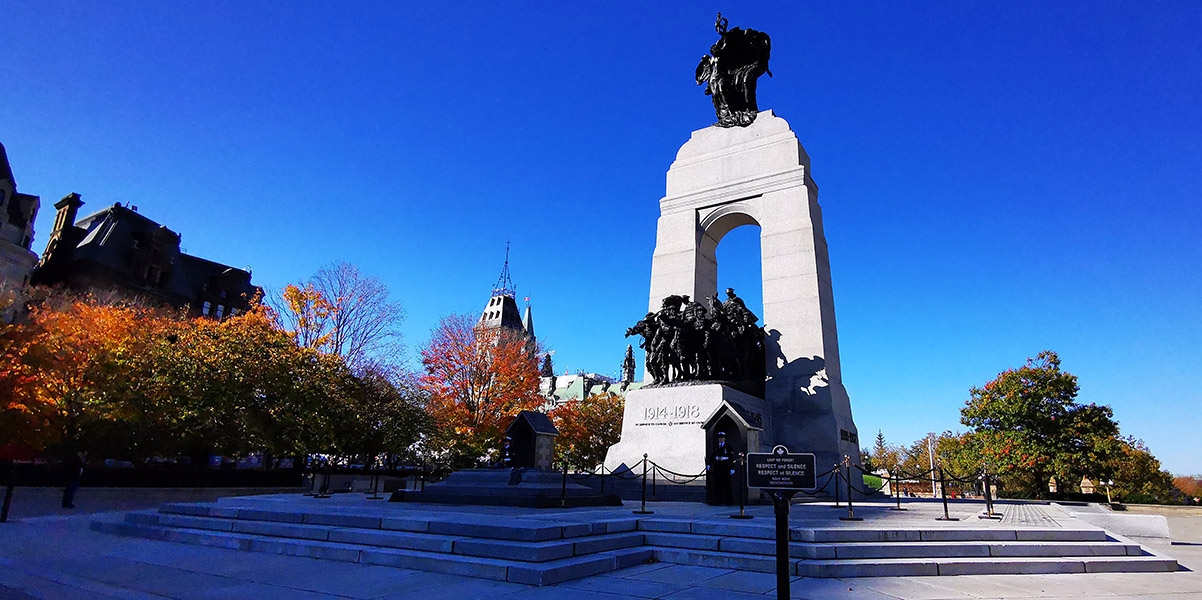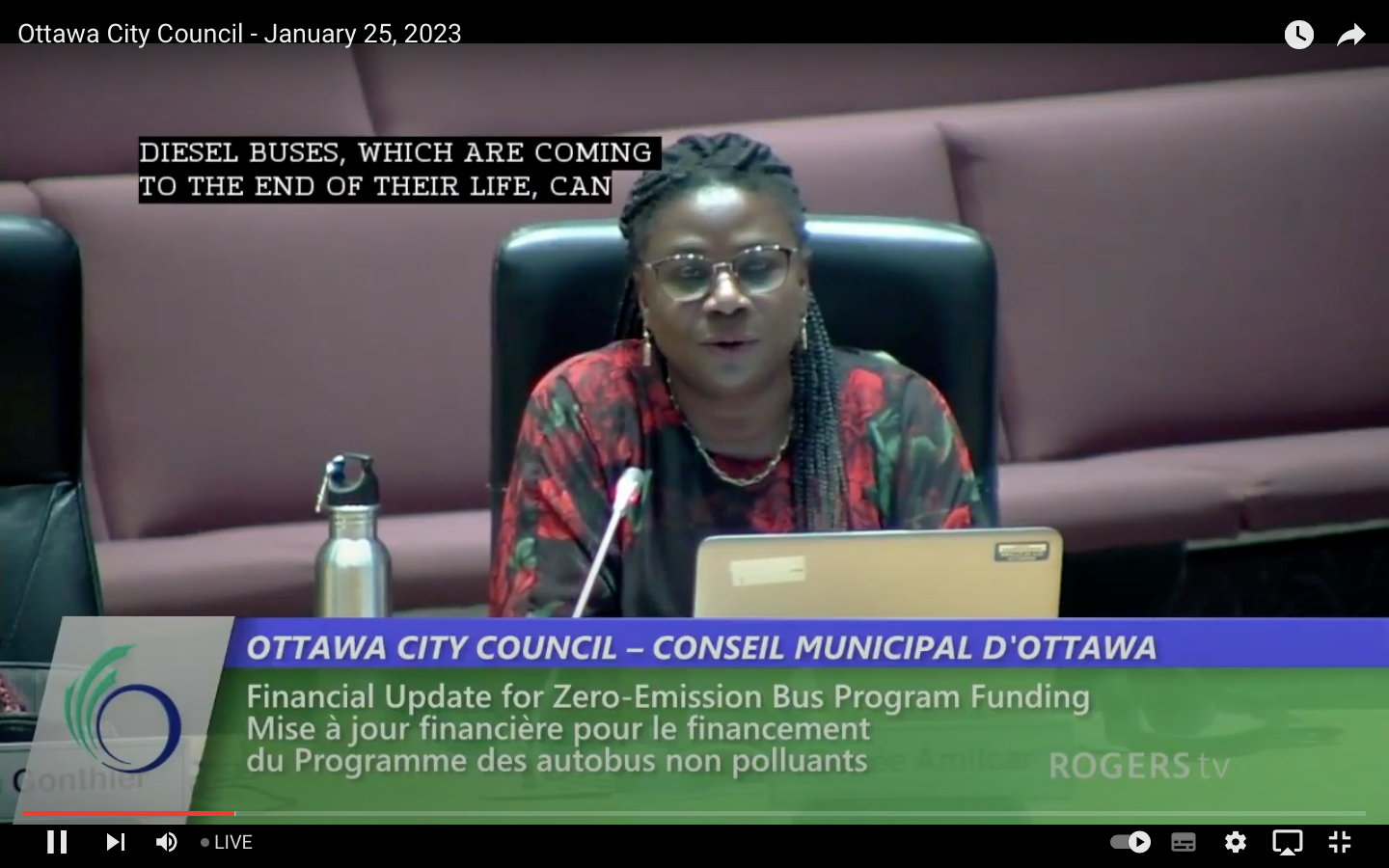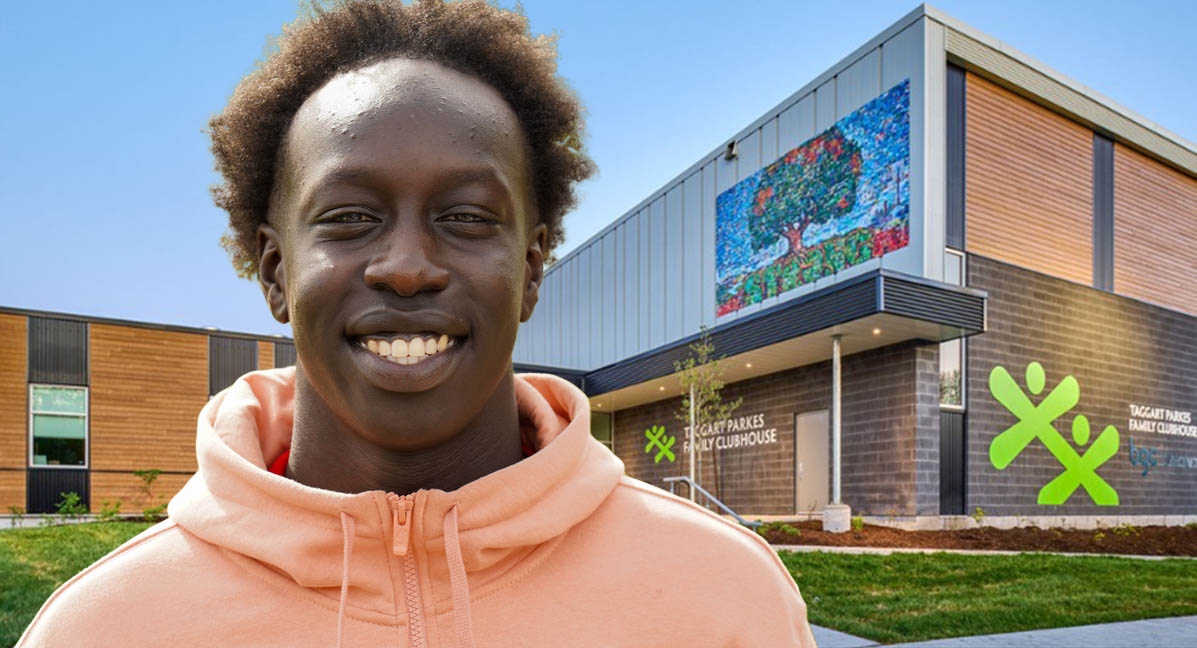
I Always Thought That I’d See My Brother Again
By Jean-Pierre Allard
Lost amongst all the success stories of power and glory we read are the ones about the less fortunate people who have miserably struck out like the fictitious hero in Casey At The Bat. No joy in Mudville then, they wrote. None either for today’s MVPs (Most Vulnerable Persons), such as the mentally unstable, emotionally turmoiled or suicidal.
This is the story of my late brother Paul, who checked out on his own terms at the age of 26 on July 14, 1975. I was 23 on that Black Day In July, though I still very much love me some Lightfoot; Canadian content or not.
Paul was never given a fair chance to succeed in a world opposite from who he was: a partly-deaf, left-handed, introverted and maverick whiz-kid who much preferred the mechanical and technical world to the intellectual one that his lawyer father insisted he embark on.
Such a shame that my brother never got to experience and enjoy the explosion of technology that was germinating back then. For he would have likely invented his own smart gadget before the slick silicon students, seeing that he was only nine when he came up with an adding gizmo on a small plywood board replete with wires and flashing lights, which quickly earned him the moniker of “patenteux”.
How can I ever forget the last time I saw my brother Paul, just a week before his death? He had come over to our house to see if mom could look after his three-year-old daughter Tanya the next night. He and his wife Sue had recently split, and were to meet to try and work things out. I stayed in the living room just long enough to chit chat and show my concern but then selfishly retreated to my room to continue tripping on my new Eagles album, specifically the track One Of These Nights; its words still haunting me to this very day.
One of these nights, one of these crazy old nights
The full moon is calling, the fever is high
And the wicked wind whispers and moans
You got your demons, you got your desires
On one of these crazy old nights all right, my poor brother was dead, a victim of love and many assorted things.
Oh, loneliness will blind you in between the wrong and the right
Oh, coming right behind you, swear I’m gonna find you, one of these nights.
Indeed, someone did find him one of these nights. A neighbour. In his car, inside his garage. Some three nights later, actually. With his lights out.
First my old man dies in his car of a massive heart attack when I was 11, then my brother opts to die in his car. I remember thinking during that first of many sleepless nights, “Stay the hell away from cars if you know what’s best for you, Desperado.”
A tad freaky that a few of Paul’s girlfriends said he looked a lot like the actor James Dean – with his slick hair dabbed with Brylcream, his lanky stature and black leather jacket – given that he too died at an early age just like Dean, the star of the 1955 cult movie Rebel Without A Cause.
Except my brother was a “rebel with a cause” by then, after dad and others messed with him very early, repeatedly trying to get him to switch to being right-handed. This also included being forced to eat with his right hand at dinner time. A daily occurrence that became such a trauma for Paul that he would often hurry to eat his dinner before his father came home from work; even escaping to the second storey stairs when the strict orders to get him to act “normal” escalated above being reasonable.
But to no avail, pops! Nobody in their right mind dared telling my brother what do to.
Back in the still dark ages of the mid-50’s, being left-handed almost carried a curse and was viewed in a very negative fashion by most people, especially those holier-than-thou teachers, some of them wearers of the cloth. Devout Catholics (such as Dad, who had briefly studied to be a priest before switching to law) tended to perceive the left hand as the devil’s hand, hence evil, likely drawing from their schooling in which the word “sinister” comes from the Latin word “left”.
Now say hello to your totally tormented son, who had no time for Latin and much preferred listening to Little Latin Lupe Lu instead. My dad was lucky that I was only a three-year-old “bambin” then because I would have summoned him for a little sobering chat. Still unclear, however, as to what roles mom and my two teenage sisters played during these stressful scenes. And funny, but I don’t remember my dad minding one bit when Paul’s dexterous left hand proved to be supremely resourceful in helping him build a backyard garage.
My industrious sibling was only eight at the time.
A short two years later, Paul pulled off what was likely his greatest caper. One sunny Saturday morning, he somehow managed to go for a little joyride in this parked bulldozer on a nearby construction lot, after quickly figuring out how to start it without the ignition key. Upon the cops bursting on the scene, they couldn’t contain their laughter, never mind their amazement, and quickly dismissed him with a good-natured warning while suggesting to dad to maybe keep a closer eye on his kamikaze kid.
As if school wasn’t enough of a struggle without Paul being forced to switch writing hands, he was also partly deaf in his left ear. A likely more severe disability than we all thought, one that inexplicably went untreated. Though to be fair to my parents, nobody went to a doctor’s office in those days, unless you had polio or broke your leg.
Meanwhile, just a week into my all-boys, 3rd-grade class in 1960, the news was bad. I was told that I would be moved into a special Grade three-four, mixed-class of brainiacs the very next day. Against my will. My passive parents naturally abided with this unilateral school decision and despite my pleading and bawling for hours on end that anxiety-filled night, they never budged. Not sure if they even considered that I might feel intimidated at having to share a classroom with students up to two years older than I for the next two years. I was lucky though, only having to move some 50 feet down the hall, compared to what the OCD School Board is currently about to do to young Ottawa students; a deplorable situation that is bound to create more torment and trepidation for all, let alone the more vulnerable ones. Can we please get both the morning and afternoon mayors to bring this insanity to a screeching halt?
Paul was further traumatized when his dad decided his oldest son also needed to become a nerdy brain when he enrolled him in Grade 9 Arts & Sciences in September 1962, only a month after the shocking suicide of Marilyn Monroe at age 36. Did this help sow a seed in my brother’s psyche? Yet another decision against his will, a new hurdle for my sibling. Wasn’t the stack of Popular Mechanics magazines that Paul carried around to the garage with his oil-stained and greasy fingers enough evidence as to where his true passion stood?
This academic misplacement significantly compromised his ability and desire to learn commensurately, never mind succeed. He would often come home from high school so frustrated that he would slam the kitchen wall with his clenched fist upon mom innocently asking how his day went. Paul thus failed Grade 9 but found his niche in the Technical Program where he thrived, eventually becoming a skilled auto mechanic, carpenter and electrician.
Owing to our dad’s strong allegiance to his Québec roots and La Cause, (in reference to his relentless patriotic work), we were not allowed to speak English at home, lest we got a slap or worse, the barber shop strap from our language police papa. Ouch! Not surprising that this caused me to rebel as well when later on, I chose to date English-speaking girls exclusively, especially those emancipated west-end girls.
There is no doubt that our father had a superior intellect. In his capacity as executive secretary of a lobby group, he solicited 20 of the greatest minds of Québec’s academia in March 1963 to share their vision for a dynamic structure for all francophones, including two of “Les Trois Colombes”, Pierre Elliott Trudeau and Jean Marchand. He tirelessly and endlessly worked to defend the rights of French-speaking citizens all over the country, something that made us be very proud and in awe of him growing up (though how I wished he would have taken time to come and watch me play hockey in Thurso against Guy Lafleur one day in January 1963 when I was 10, even if we got slaughtered 15-1).
Alas, he lacked common sense at times in the daily grind, often opting with passion over reason. For example, his Pretzel Logic (Steely Dan anyone) manifested itself with one of my sisters as well. She wanted to follow in her lawyer father’s footsteps, but was unceremoniously denied the chance of post-secondary education in 1960 when her dad told her that girls didn’t go to college; rather, they became secretaries, married young and had four kids.
In his defense, he wasn’t the only iron-fisted ruler in his home; that’s how most men were back in the golden age of the fedora. And bars, bow-ties and baseball. Relax, Yankee fans, losing to the underdog Pirates in October 1960 was certainly cruel, but so was life for us. “La Révolution Tranquille” might have brought hope and enthusiasm for new beginnings in Québec, but closer to home in Eastview, it was the same old for the Allard siblings.
What a life for my big brother! One interspersed with so many disturbing episodes, not the least of which was being first on the scene when he and his pals saw a car hit a snowbank and come to a stop down the Montfort Hill. Already a car connoisseur at age 14, Paul slowly recognized his dad’s brand-new 1964 Pontiac as they neared the spot and found him. Dead of a massive heart attack, one lousy block from our house. Oh, to witness his ashen, frightened face behind the police officer at our front door with mom immediately saying “Oh, no, what’s he done now?’ and Paul frantically saying “No, no, it’s not me” before the cop broke the news to our mother. Just a week before, he’d cursed his head off at dad, after being heaved with another punishment. Was that the start of his slow and steady walk toward the precipice, I still wonder?
And then, 11 years later, my brother said “Sayonara”. He was such a loving and caring father that I’ve often asked myself if the thought of only seeing his sweet little three-year-old every other weekend from then on wasn’t the last straw for him. And to think he had recently started to put the wheels in motion to open an auto transmission garage, after having obtained his Ontario auto mechanic’s licence in the last few months of his interrupted life.
If I’ve still not forgotten the last time I saw Paul, I will also never forgive myself for not paying more careful attention to him during that short period when he was separated. My brother was a very proud and private soul; thus, quite likely to have been too embarrassed or ashamed to tell us about his marriage breakup. Instead, by sheer coincidence, I found out they’d split after running into his wife, Sue, in the Bourque Building one fine morning. Both of us there for job interviews. But not being that tight with Paul in the first instance and with his independent nature to boot, I never reached out to him. I never even thought he might be troubled.
What’s even worse, neither did the doctor whom my sister-in-law consulted at some juncture in their frail union – both marrying before they were 20 – but rebuffed, her genuine concern for my brother’s state likely being discounted by the good doctor. Looking back, was there a modicum of neglect or naivety on our part? Understandable, perhaps, but nevertheless questionable. But a group of professionals all playing a part in this modern tragedy and sadly failing Paul? Unforgivable. All I can say is those dudes could have all benefited from perusing Primal Scream by Arthur Janov, published in 1970.
Suicide carried such a stigma of taboo, weakness and shame back in 1975 – and still does today – that it immediately caused me to turtle and render me unable to discuss it with anyone, even close friends. Never mind that there were practically no help lines, nor social services to lend an ear or a caring voice to any mentally distressed person. Heck, mental health awareness had not even reached the level of today’s pervasiveness on social sites, mainstream media and in schools. Despite more talk and more sensitization on this polarizing topic, deaths by suicide are not going away anytime soon. Hence, the importance of paying careful attention to a vulnerable individual, perhaps asking if we can be of help before further imposing ourselves on their fragile psyches. Especially since not everyone is forthcoming when it comes time to discuss emotional or mental duress, especially men. It’s best then to err on the side of over-caring and over-protectiveness, even at the risk of being politely told to back off.
In the aftermath of our family drama, I vividly recall my mother, ever the pragmatic person, saying “thank goodness Paul only took his own life,” likely alluding to those mass killings that were just beginning to be part of our “good news week.” Just four short months later, a chilling reminder that mom’s reasoning was spot on, after news of the horrific school shooting at St. Pius X High School by an 18-year-old gunman was on everyone’s mind.
How many other kids ended up with the same fate as Paul, or a variation thereof, on account of fathers (or mothers) being so obsessed with their offspring choosing the same profession as they did? Or still do today, after being forced to play a sport or go down a path they abhor? Witness the wacky and whirring rise of helicopter parents who become so anally driven to raise the perfect child that they end up over-stressing their pride and joy with an overabundance of activities and classes. Constantly pushing them, yelling at them, even publicly shaming them at times. Do they even notice the sorrow or fear on their poor little ones the next morning?
If you’ve got your demons, don’t try to confront them by yourself. Get help if you’re struggling. You’re never totally alone, even when it seems like it’s you against the entire world. Find someone to call, anyone. Talking is half the battle won sometimes.
By 1977, I was still too ashamed to talk about Paul to anyone, even when a work colleague of mine tearfully broke the news that her twin brother had killed himself in Vancouver. I felt at once both helpless and horrible that I could not rise above my own insecurity and find the right words to comfort her; the ones like: “Hey, please don’t feel bad or alone, the same thing happened to me, you know”. Especially after she revealed that she had felt something was wrong at the very moment her twin died. I also sensed something might be awry the same night of my brother’s death, even if I was three years younger than him.
And why, oh why did I never attempt to reach out to my poor sister-in-law during all her travails? While there was an unfortunate misunderstanding on both sides that this tragedy had made us persona non grata in each other’s lives, that sure was no reason to ignore someone in dire need. I know that Sue could have used a bit of brotherly love and a caring voice all those years spent alone with her daughter Tanya. At least, she might have been the one person understanding enough to share my anguish with.
It wasn’t until 1979 when I met Cathy, my future partner and soulmate, that I was comfortable enough to talk about my brother’s criminal act. What a relief, after spending those interminable years self-conscious of being looked at as a weirdo or a weakling. And of lugging around such acute feelings of emptiness and low self–esteem that it stripped me of the confidence needed to find a woman to fall in love with.
Yet, unlike many who seek counseling shortly after a senseless tragedy, I never felt the need to do the same, preferring much instead to self-medicate with good old weed and beer. Looking back, perhaps I should have consulted a professional, but I never did make that call. Instead, I slowly turned to journaling. In English, mon papa…
Despite being burnt from three other life-altering family tragedies, suicidal thoughts never crossed my mind. However, all bets are off on what I might just do to myself, if my darn Leafs don’t win the Cup before their near-biblical drought reaches 60 long years.
Shortly after my wife’s first stroke, she was shocked to learn how numerous relatives had succumbed from cardiovascular disease at an early age. Similarly, for my brother with the hush-hush mental illness amongst his father’s siblings. Otherwise, he might have been compelled to seek counselling from our local Doctor Robert. I’ve often chuckled that Paul should have just dropped a cap of purple micro-dot acid, courtesy from that other Doctor Robert of Beatles’ fame. Seems to have helped a few other brilliant minds along the way, right Mr. Lennon? Actually, new studies have revealed that psychedelic drugs are potential therapeutic agents in psychiatry.
Hence, it is of utmost importance to fully know your family history and take measures to protect yourself in order that it doesn’t repeat itself. Especially, if you’re young and feel so invincible. Talk to your grandma Marcia; maybe borrow her leather boots or hawk that Led Zeppelin album off her brand-new Thorens turntable. The old gal knows a thing or two about survival. After all, she grew up without a mobile phone.
This message of hope, resilience and awareness is not only intended for afflicted persons, but also the comfortable ones who may not even be aware they are part of the problem (looking at you dictatorial parents) as well as the support people who will become part of the solution (thank you Social Services grads).
It’s never easy, nor always possible to confide in someone. Jotting down your thoughts as part of your mental hygiene can help. Amazing how the written word makes the head clearer and the heart calmer. If all else fails, then listen to your favourite music, relax and let its soothing powers take over. Music is the rhythm of life and helps to numb the pain. Guaranteed that it’s kept me away from Shutter Island all these crazy years.
There’s nary a week since 1975 that goes by without me wondering if I could have made a difference in my brother Paul’s life. Don’t ever let anyone close to you be saddled with the same guilt. The suffering never ends: it just gets transferred to the ones left behind.











